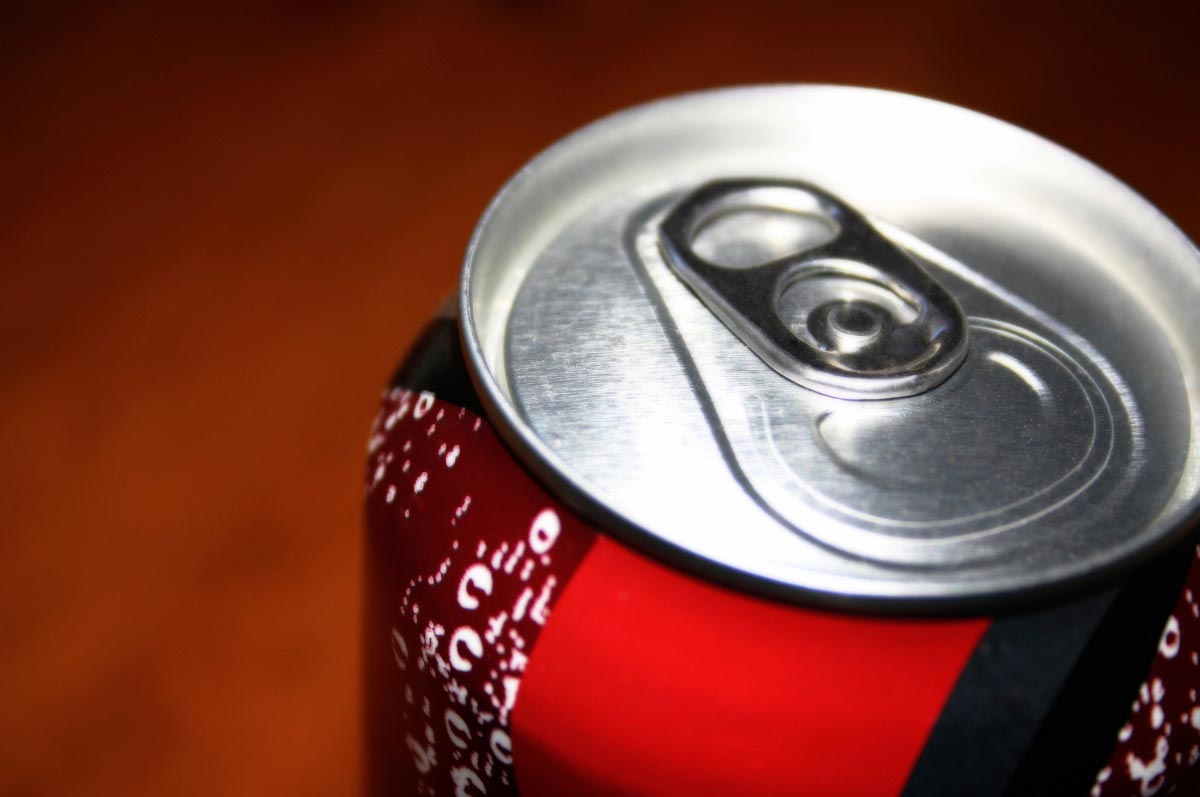Reversing diabetes may be possible if patients lose weight within the first 5 years of diagnosis: Study
10/23/2020 / By Michael Alexander

Type 2 diabetics who lose weight in the first year after their diagnosis have a higher likelihood of remission, according to a recent study by researchers at the University of Cambridge. The conventional medical industry uses the term “remission” to mean reversal of diabetes.
First author Hajira Dambha-Miller, a physician from Cambridge’s Department of Public Health and Primary Care, said that people who lose at least 10 percent of their weight in the first five years following their diagnosis were more than twice as likely to go into remission than those who maintained the same weight. This finding suggests that it is possible to reverse the disease without the intensive lifestyle interventions, extreme calorie restrictions and exercise regimens commonly associated with diabetes management.
“Our results suggest that it may be possible to get rid of diabetes, for at least five years, with a more modest weight loss of 10 percent. This will be more motivating and hence more achievable for many people,” said Dambha-Miller, acknowledging that many patients find following traditional regimens very challenging.
As detailed in the journal Diabetic Medicine, the research team studied data from the ADDITION-Cambridge trial, a prospective cohort study of 867 people aged 40 and 69 years who had just been diagnosed with diabetes. These individuals were recruited from general practices in the eastern region.
The researchers found during a five-year follow-up that 257 of the 867 individuals — or 30 percent of the entire pool of participants — were in remission. According to the study, people who lost 10 percent of their weight or more within the first five years after diagnosis were more than twice as likely to go into remission compared to people who maintained the same weight.
According to Simon Griffin, the senior author of the study, their findings reinforce the importance of managing your weight, which can only be achieved by making healthy changes to your diet, as well as increasing your physical activity. (Related: Low-carb diets confirmed to be beneficial for those with diabetes.)
“Type 2 diabetes, while a chronic disease, can lead to significant complications, but as our study shows, [it] can be controlled and even reversed,” added Griffin.
How to manage your weight naturally
Weight management is important for disease prevention and for the maintenance of good overall health. To help you manage your weight in a healthy, sustainable and sensible manner, here are some tips:
- Stick to a realistic calorie limit. Men should stick to a calorie limit of 1,900kcal a day, while women should not exceed 1,400kcal a day.
- Engage in regular physical activity. Try to lift weights three times a week.
- Do not skip breakfast.
- Eat regular meals.
- Cut down on carbohydrates.
- Eat more wild-caught oily fish.
- Eat plenty of organic fruits and vegetables.
- Eat more lean protein.
- Drink plenty of water.
- Eat foods that are rich in fiber.
- Try foods that are rich in healthy fats.
- Be more cognizant of the ingredients in your food.
- Use a smaller plate. This will help you get used to eating smaller servings.
- Plan your meals in advance.
- Cut down on your alcohol intake.
If not managed properly, Type 2 diabetes can be deadly. Fortunately, you can reverse diabetes with proper nutrition and regular exercise — as highlighted in the Cambridge study — and essentially kick it to the curb.
Learn more about effective ways of dealing with diabetes at DiabetesCure.news.
Sources include:
Tagged Under: alternative medicine, diabetes cure, diabetes remission, diet, disease treatments, fightobesity, natural cures, natural medicine, Naturopathy, research, slender, weight loss, weight management



















